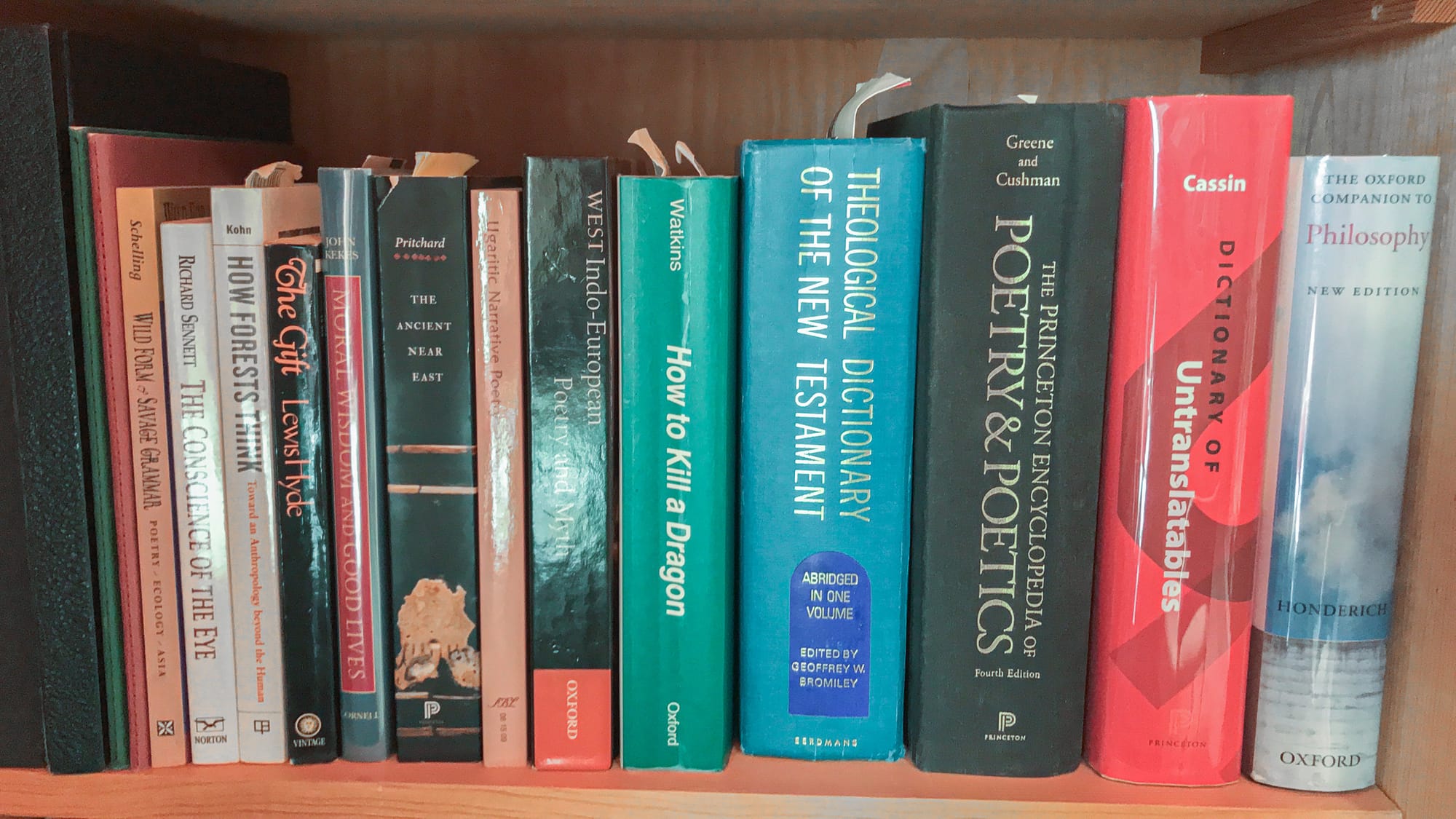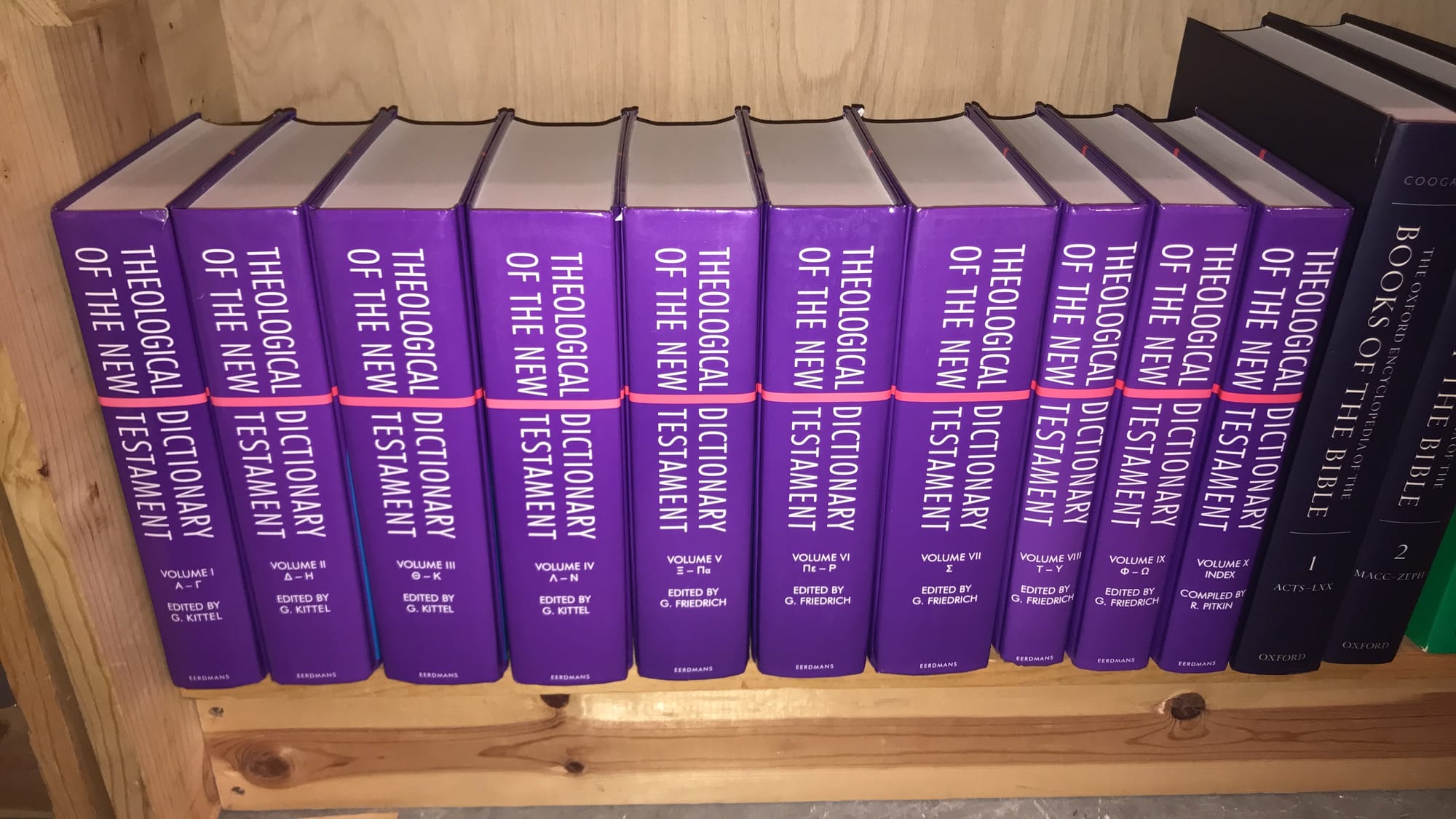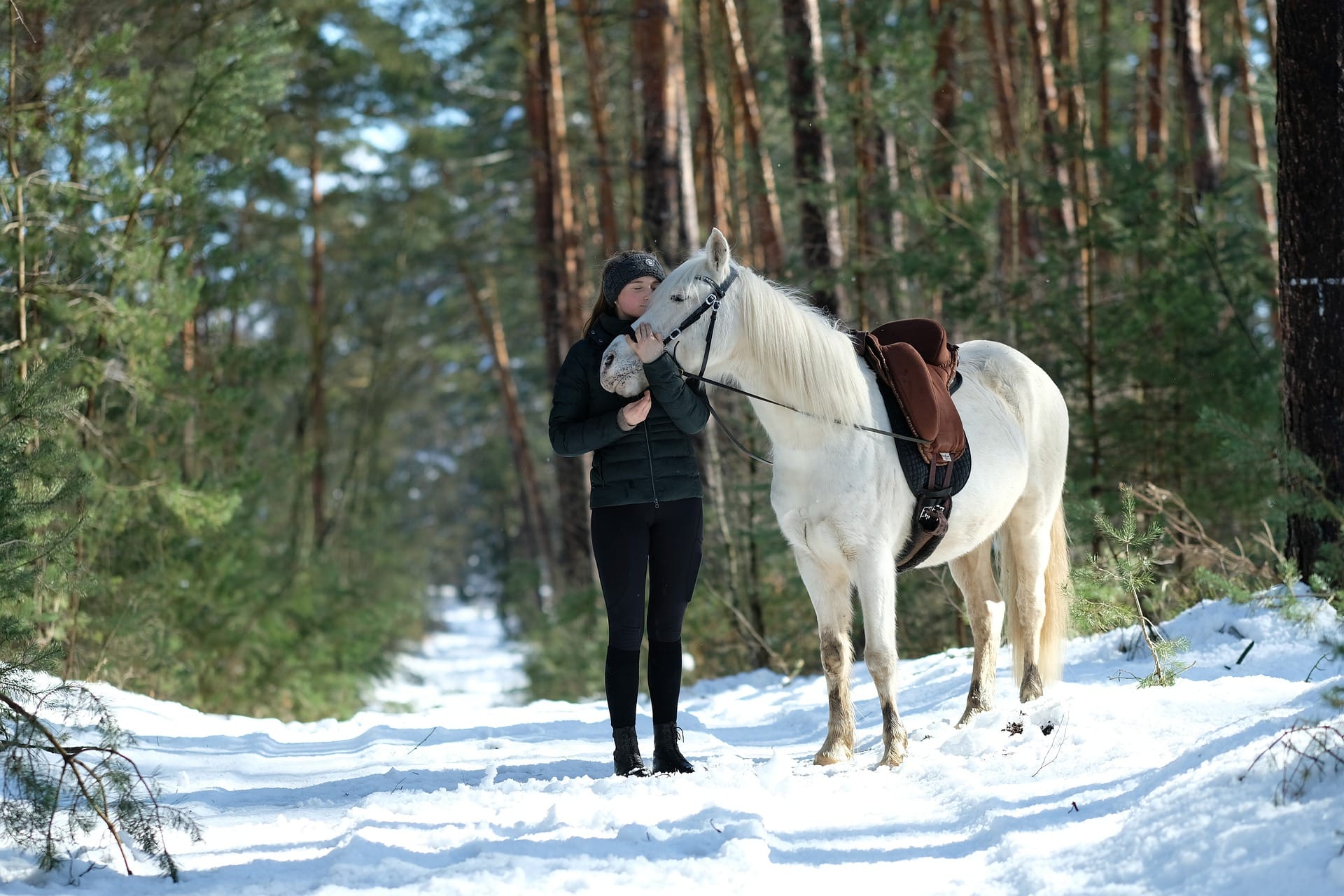Speaking of Human Nature


"To speak is to say what counts." —Stanley Cavell
We can learn a lot about human nature by looking closely at which words carry the most weight, and (at least in western traditions) the preeminent word of our culture is logos.
You may not be familiar with this word because it's rarely seen in everyday usage, but it shows up in dozens of words like lecture, legend, legible, lesson, intelligent, dialogue, legal, legitimate, loyal, logic, and any word ending in -logy (the study of).
Unfortunately, a list of etymologically related words doesn't really convey what logos means, but a list of common synonyms brings us one step closer to the word's core meaning. For example, from the Dictionary of Untranslatables, we get a list of synonyms like discourse, language, speech, rationality, reason, intelligence, foundation, principle, count, account, thesis, tell, tally, argument, explanation, statement, phrase, and definition.

However, these lists barely scratch the surface of a word that says more about the western mind than any other word. For Biblical references alone, the Theological Dictionary of the New Testament (edited by G. Kittel) devotes 67 pages to defining this incredibly potent word, and that hardly touches on two thousand years of intense exploration by every major philosopher since Socrates!

To fully understand the power of this word, we first need to understand that logos signifies, and connects, two root meanings: to gather and to speak.
At first glance these meanings seem pretty basic, but they say everything about human nature. That's because 'to gather' doesn't simply mean to randomly pick things up, rather it suggests an intentional and repeated action with decisions being made about how things are different and which items are being selected. In other words, gathering is one of the first activities of the human mind at work.

Gathering then leads to another essential human activity: keeping track of what's being gathered. This leads to considering, evaluating, reflecting, calculating, and cataloging. These activities then transform into assembling mental content into narratives, which leads into a realm of expressing what we know about our world through legends, proverbs, proclamations, promises, traditions, statements, sentences, conversations, etc.

In other words, we build our sense of the world by choosing what we gather, and then by speaking with others about what we've chosen. Socrates and Plato both write that logos is the basic fact of all life in society because it allows humans to establish fellowship around agreeing on common understandings of what matters.

To take this even further, philosophers and theologians also suggest that logos is only possible if there are deeper realities and laws of nature that humans have the ability to perceive, and if there's a harmonious relationship between human reason and reality. In essence, logos is the essential bridge that links humans and the larger cosmic order of things (including truth, reality, God, etc.).

This is an immense and fascinating topic, and I love how it helps us understand human nature and the ways we build our sense of the world around us. I also love that we can share stories like this through the newsletter, and as we head into the new year, I look forward to sharing even more stories with you! Thank you for your generous support and thank you for joining me in 2024!

Member discussion